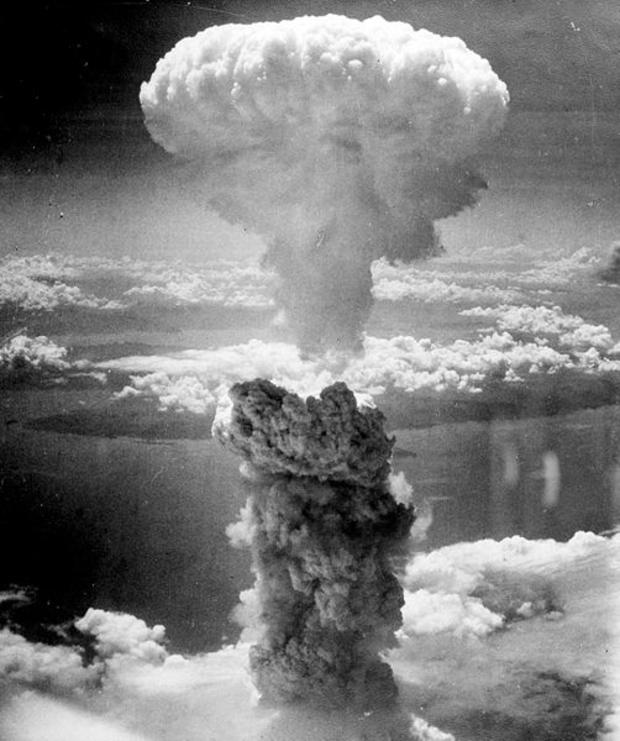WikiLeaks: U.S. Diplomats Confront Black Market for Nuclear Bomb Material
The WikiLeaks news site of record, the Guardian, outlines the efforts of U.S. diplomats to deal with the challenge of keeping nuclear materials out of the hands of terrorists intent on adding atomic bombs to their arsenals.
"The leaked cables tell hair-raising tales of casks of uranium found in wicker baskets in Burundi, a retired Russian general offering to sell 'uranium plates' in Portugal, and a radioactive Armenian car on the Georgian border," wrote Julian Borger and Karen McVeigh of the Guardian.
The authors note that Democratic Republic of Congo is a rich source of uranium, and "Washington and inspectors at the International Atomic Energy Agency (IAEA) have been concerned that such a black market source of high quality ore, outside IAEA controls, could be used in a covert weapons programme in Iran." The collapse of the Soviet Union has also contributed significantly to the black market for nuclear materials.
The IAEA's Illicit Trafficking Database has documented 1700 incidents involving theft, loss or unauthorized possession of nuclear material in the last two decades, with more than 15 incidents involving plutonium or highly enriched uranium, which are used in nuclear warheads. An estimated 2,000 metric tons of plutonium and highly enriched uranium are scattered across about 40 countries.
In February 2006, Oleg Khinsagov, a Russian national, was arrested in Georgia in the possession of 79.5 grams of weapons-grade uranium. His intent was to sell the bomb material to Muslim buyer fronting for a "serious organization" for $1 million.
In November 2007, the South African Nuclear Energy Corp. Facility at Pelindaba was breached by intruders who appeared intent on accessing weapons-grade nuclear material. ( Watch the 60 Minutes episode on this security breach.)
The Guardian reports on an incident in August 2009 involving Armenians apparently carting Cesium-137, which could be used to build a dirty bomb, across the Georgian-Armenian border. The incident was revealed in a confidential diplomatic cable from the U.S. embassy in Tbilisi.
A dirty bomb uses conventional explosives, such as dynamite, to disperse more readily available radioactive materials in the form of powder and pellets.
Such a bomb would cause significant panic and economic disruption, but wouldn't incinerate a city, according to Matthew Bunn, an associate professor at Harvard University's John F. Kennedy School of Government and an expert on nuclear proliferation and terrorism.

